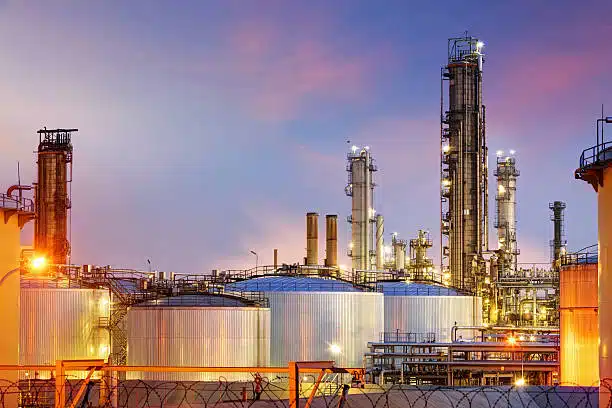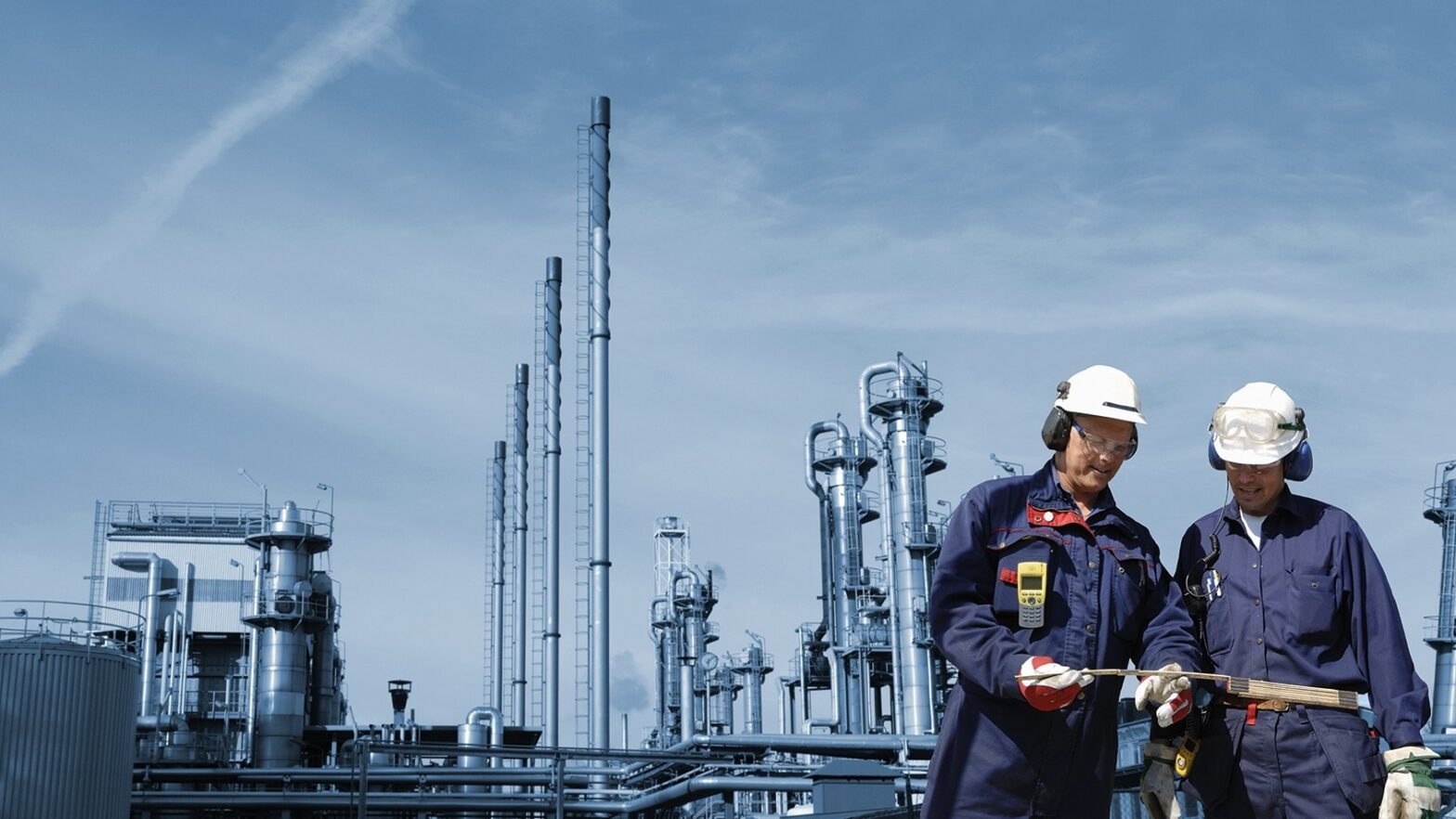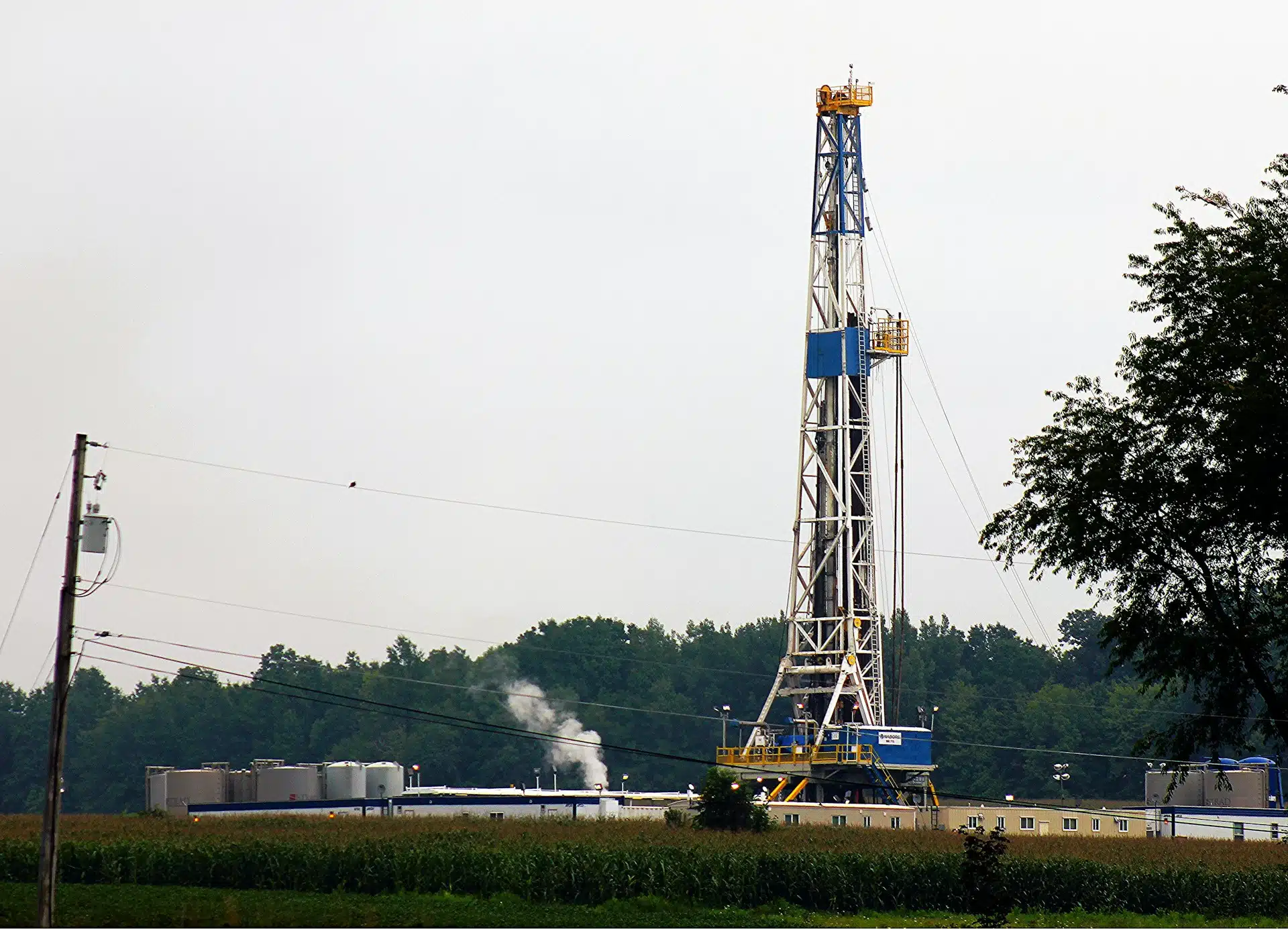The Government of Cameroon, a central African country, has taken a significant step towards energy independence and infrastructure growth by acquiring a 15% equity stake in an integrated bitumen and oil refinery project, according to Energy Capital & Power.
The announcement was made by Ahmadou Oumarou, CEO of All Bitumen Cameroon, during the ARDA 2025 Conference held in Cape Town, South Africa.
Located in the Kribi Industrial Port Zone, the integrated facility will have a bitumen production capacity of 250,000 tons per year and will feature a mini oil refinery capable of producing 230,000 liters of diesel daily to support its operations.
With a project valuation of CFA161 billion (approximately $280 million), the initiative is expected to create 300–400 direct jobs and up to 1,500 indirect jobs.
This project comes at a crucial time as Cameroon aims to reduce its dependency on bitumen imports, which currently cost the nation around CFA300 billion (~$520 million) annually.
Aside from its potential to cut road infrastructure costs by up to 30%, the facility is also aligned with Cameroon’s target to increase its paved road network from 9,885 kilometers in 2023 to 11,300 kilometers by 2027.
The project’s financing structure includes 20% equity and 80% debt financing with Cameroon’s Ministry of Finance co-funding the development.
The African Export-Import Bank (Afreximbank) is also providing initial capital backing.
To meet raw material demands, feedstock will be sourced from a 68-hectare site within Cameroon and augmented by regional imports, notably 300,000 tons from Nigeria.
Nigeria has recently emerged as a vital supplier for the region, fueled by the resurgence of its oil and gas sector in 2024.
One of the key drivers of regional supply is Nigeria’s Dangote Refinery, Africa’s largest refining facility, which produces a wide range of petroleum products including bitumen.
In December 2024, the Dangote Refinery made its first export of Premium Motor Spirit (PMS) to Cameroon, marking a new chapter in energy trade between the two nations.
This investment marks a strategic milestone in Cameroon’s infrastructure and energy transformation.
The deal portrays the country’s ambition to become self-sufficient in bitumen production, enhance energy security, and stimulate economic development.









